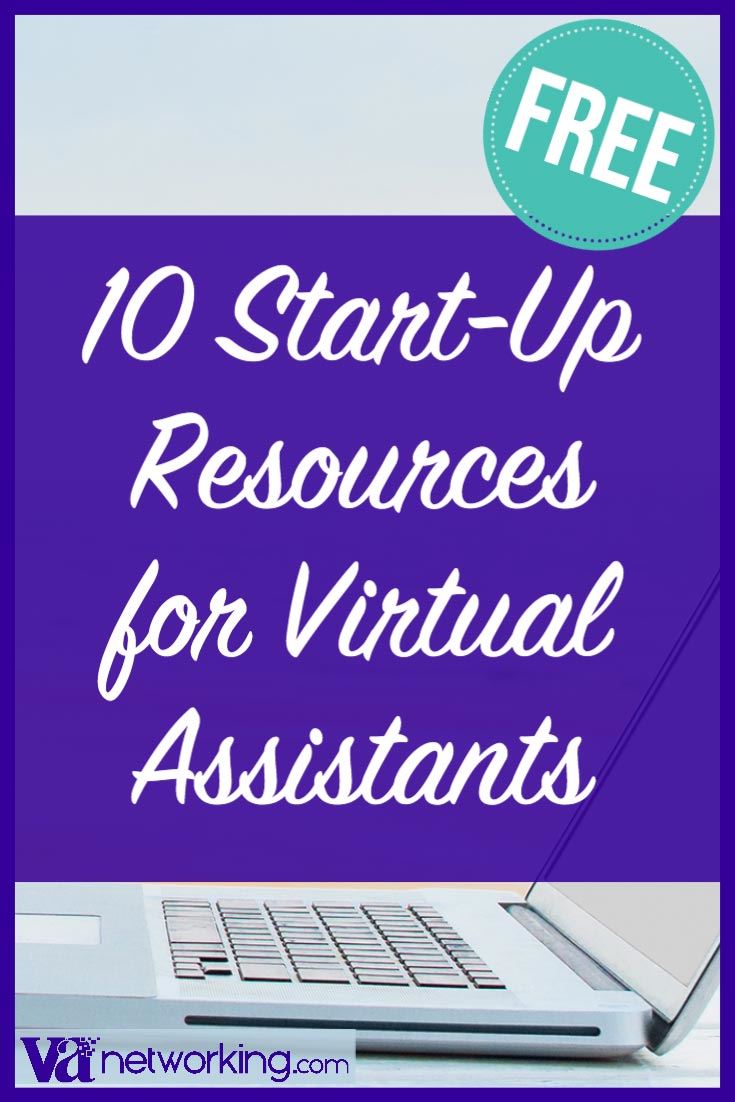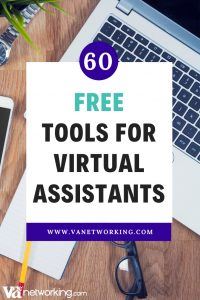 Becoming a Virtual Assistant in Canada can be a rewarding and fulfilling career choice. With the rise of remote work and the increasing demand for online services, there has never been a better time to start your journey as a Virtual Assistant. In this article, we will explore the ins and outs of becoming a virtual assistant in Canada, from the skills you need to the tools you require.
Becoming a Virtual Assistant in Canada can be a rewarding and fulfilling career choice. With the rise of remote work and the increasing demand for online services, there has never been a better time to start your journey as a Virtual Assistant. In this article, we will explore the ins and outs of becoming a virtual assistant in Canada, from the skills you need to the tools you require.
What is a Virtual Assistant?
A Virtual Assistant (VA) is someone who provides administrative, creative and/or technical skills to clients remotely. They work independently, often from a home office, and communicate with their clients through email, phone, or video conferencing. As a VA, you can specialize in a particular area, such as social media management, bookkeeping, or customer support.
Skills Needed to Become a Virtual Assistant
To become a Virtual Assistant, you need to have a combination of hard and soft skills depending on your niche or specialty. Hard skills are specific technical skills, while soft skills are personal attributes that enable you to work well with others. Here are some of the skills you need to succeed as a VA:
- Technical skills – proficiency in software such as Microsoft Office, Google Suite, etc. Your technical skills needed will be dependent upon your specialty or niche.
- Time management – the ability to manage your time effectively and prioritize tasks.
- Communication – excellent communication skills to interact with clients and understand their needs.
- Organization – strong organizational skills to keep track of tasks, deadlines, and projects.
- Attention to detail – being detail-oriented and accurate is essential to provide quality work
- Problem-solving – the ability to think critically and solve problems independently.
- Adaptability – being adaptable and flexible to handle changing client needs and requirements.
Tools Required to Become a Virtual Assistant
To become a successful Virtual Assistant, you need to have the right tools and software to manage your work effectively. Here are some of the essential tools you need:
- A reliable computer or laptop with a high-speed internet connection.
- Project management tools such as Trello, Asana, or Clickup to manage tasks and deadlines.
- Time-tracking software like Toggl or RescueTime to track your working hours.
- Communication tools such as Skype, Zoom, or Google Meet to communicate with clients.
- Accounting software such as QuickBooks or FreshBooks to manage your finances.
- Cloud storage services like Google Drive or Dropbox to store and share files with clients.
How to Find Virtual Assistant Jobs in Canada
Finding Virtual Assistant jobs in Canada can be challenging, but there are several ways to find clients and job opportunities. Here are some of the most effective ways to find VA jobs:
- Freelance websites – websites like Upwork, Fiverr, and Freelancer are great places to find clients and job opportunities.
- Social media – use social media platforms like LinkedIn, Twitter, and Facebook to connect with potential clients and showcase your skills.
- Networking – attend virtual events and conferences to meet other Virtual Assistants and potential clients.
- Cold emailing – Connect with potential clients by introducing yourself and your services through professional channels like email, social media, or networking platforms.
- Referrals – ask your existing clients for referrals to their colleagues or other businesses that might need your services.
Canadian Resources to Help You Become a Virtual Assistant
- Virtual Assistant Networking Association – This is a community for Virtual Assistants around the world to connect and explore job opportunities. They offer resources and tools to help VAs succeed and their founder Tawnya Sutherland just happens to be Canadian. https://vanetworking.com
- Virtual Assistant Career Success System – This is an online VA startup training course that provides extensive training to help you start up a Virtual Assistant business.
- Get Clients Club – This membership site offers support and resources for freelancers like Virtual Assistants to help them find and retain their ideal clients and grow their businesses.
- Virtual Assistant Virtuosos Summit – This online conference brings together Virtual Assistants and industry experts for learning and networking opportunities.
- Canada Business – This Government of Canada website offers a range of resources and information on small business ownership, including becoming a Virtual Assistant.
- FreelanceU – This Canadian-based online training program offers comprehensive training for Virtual Assistants and freelancers on a range of skills and tools.
Conclusion of How to Become a Virtual Assistant in Canada
Becoming a Virtual Assistant in Canada (or any country) can be a lucrative and rewarding career path. With the right skills, tools, and mindset, you can build a successful VA business and enjoy the flexibility and freedom of working from home.
By following the tips and strategies outlined in this article, you can start your journey as a Virtual Assistant and build a thriving career in the digital age.








Good advice
I’m glad you found the advice on becoming a Virtual Assistant in Canada helpful. Transitioning to or starting out in the VA world can seem daunting, but with the right guidance and resources, it becomes a lot more manageable. If you, or anyone else, has any further questions or would like more detailed insights into any specific areas, please don’t hesitate to ask.
I am planning to start a VA business in Canada and have a couple questions. You list cold e-mailing potential clients, but isn’t that illegal in Canada? Doesn’t business solicitation via email carry big fines if someone complains about you?
Secondly, if you register a business in one province of Canada, can you accept clients from other provinces, or do you have to register in each province separately to work with clients outside your province? What about outside the country, such as from the USA?
Great questions—let me clarify!
1. Cold emailing in Canada
You’re right—mass emailing strangers is a no-go under Canada’s anti-spam laws (CASL) and could result in fines. However, reaching out individually is fine if you have prior consent or an existing connection. Building relationships through networking or social media first can make your outreach more effective (and compliant!).
2. Accepting clients across provinces or countries
If you register your business in one province, you can work with clients anywhere in Canada without needing separate registrations. The same goes for international clients, like those in the USA—just be mindful of any tax rules or agreements in their region.
Hope this helps, and best of luck with your VA business! 😊